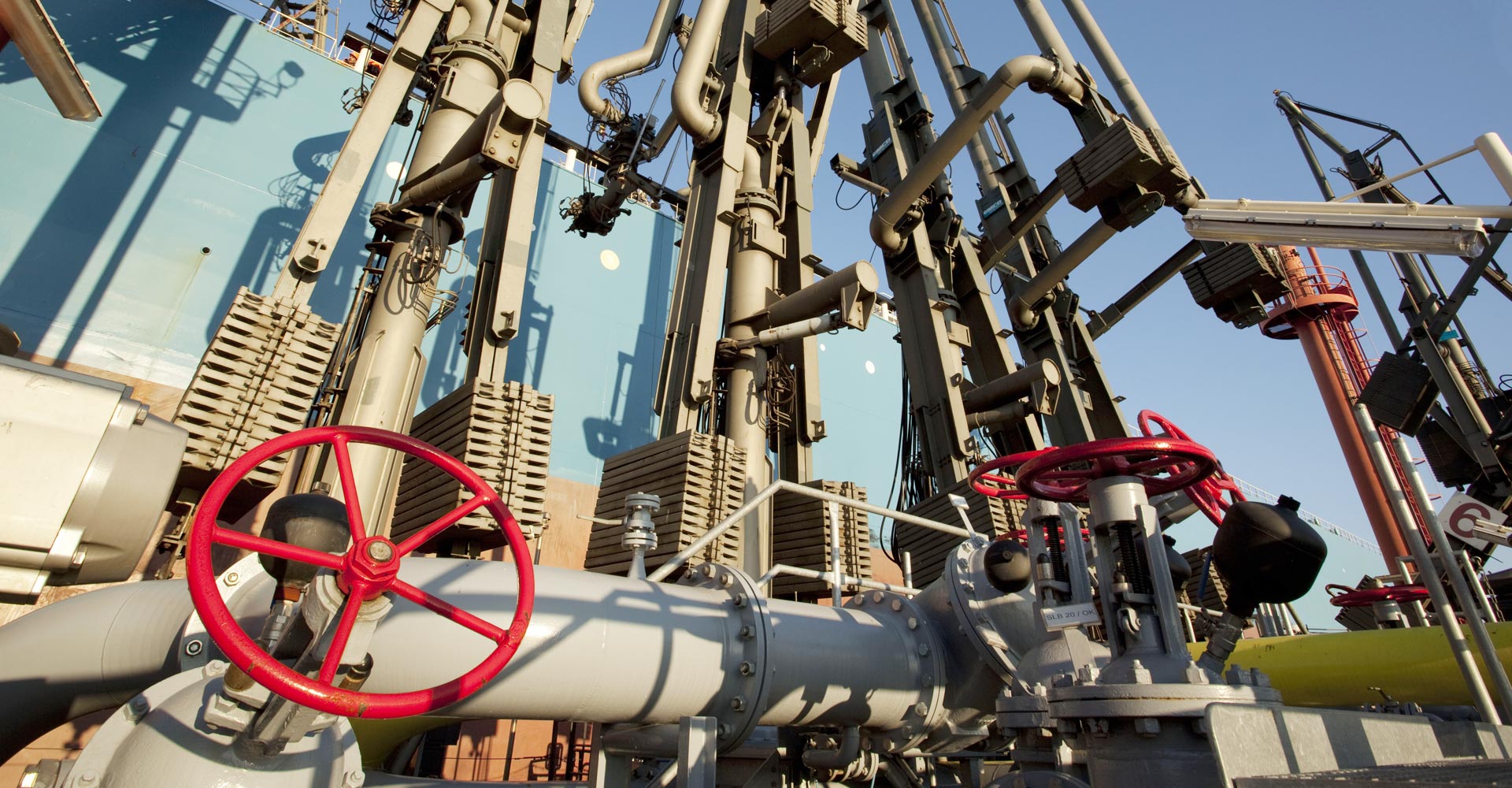Additives & Fuel Dyes
Additives are oil-soluble additive agents or active substances that are added to propulsion fuels, heating fuels and lubricants in order to achieve or optimize certain traits and/or suppress undesirable characteristics. For example, additives alter or improve, by chemical and/or physical action, the properties of fuels in terms of their oxidation stability, ignition quality and knock resistance, the characteristics of lubricants in terms of their friction properties, and the properties of heating oils regarding their storage stability/aging resistance (for example ERC additives).
In propulsion fuels these additives can also prevent deposits in the engine, keep the engine intake system clean, reduce the emission of pollutants in the exhaust gas, and prevent the corrosion of metal parts in the fuel system. Certain additives can increase the cetane number in diesel engines, for example, and thus the ignition quality of diesel fuel, improving the combustion of the fuel in cold conditions. The “nailing” noise in the engine can also be reduced.
Additives for lubricants – lubricants are a mixture of base oils and additives – are mainly used in lubricating oils, coolants, and greases. In lubricants, a number of additives serve to improve frictional behavior, e.g. anti-wear additives, extreme pressure additives, friction modifiers and viscosity index (VI) improvers. Other required lubricant traits are achieved by adding antioxidants, corrosion inhibitors, defoamers/anti-foam additives, as well as biocides in water-miscible lubricants, surfactants and emulsifiers, wetting agents and dispersants, and possibly alkaline additives for acid neutralization in marine diesel engines. In lubricants, the proportion of additives in the finished product is usually between 5% and 30%.
Heating fuel additives can improve the performance of oil-burning heating systems. Combustion improvers, storage stabilizers and flow improvers (antifreeze) can improve the efficiency of the entire heating system from the tank to the burner. Additives also reduce emissions and enable the fuel to be stored stably, especially when storing heating oil in external tanks. For this, special EL heating oil performance additives and cold protection additives are used, to ensure the operating ability, flowability, and frost resistance of the heating oil.
Additives should not be confused with “fuel dyes” (markers) that are added to certain petroleum products and play an important role. Dyes are added to fuels in Germany and other countries for statutory, tax and safety reasons. For example, fuel used for heating is taxed at a different rate than fuel used in vehicles. Heating oil and diesel fuel are very similar in many ways. So because heating oil is taxed at a lower rate in Germany than diesel fuel, its use as a vehicle fuel to evade taxes is illegal. To avoid confusion, heating oil (and low-sulfur heating oil) is labeled with heating oil dye (HKZ, also known as Euromarker) consisting of a red dye and a marking substance known as Solvent Yellow 124. The red color serves to create a visual distinction between heating oil and diesel fuel. The addition of the Solvent Yellow 124 dye allows for chemically detecting a mixture of heating oil and diesel fuel, as the yellow dye in heating oil will turn red in acidic water phase. This characteristic is helpful for quick tests by customs officers, e.g. at highway service areas. Section 4 of the German EnergieStV obligates the owner of the labeling operation to carry out a proper identification of the heating oil and to regularly monitor it. Incidentally, all EU Member States are required to add a chemical marker to heating oil.
Aviation gasoline – avgas – is also dyed for tax and safety reasons. For example, avgas 80 is dyed red and avgas 100 green.
Oiltanking and its tank terminals provide comprehensive logistics solutions for the storage and handling of petroleum products, chemicals, gases and other products.
Status: December 2015
All information subject to change. Errors and omissions excepted.

